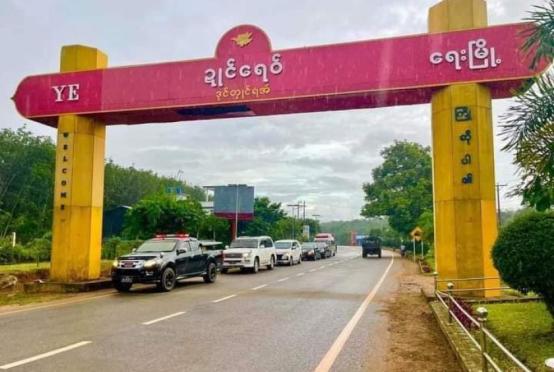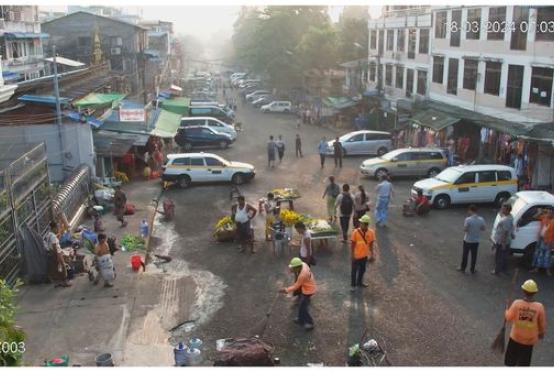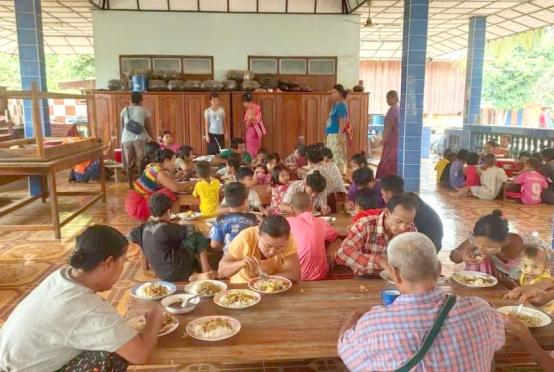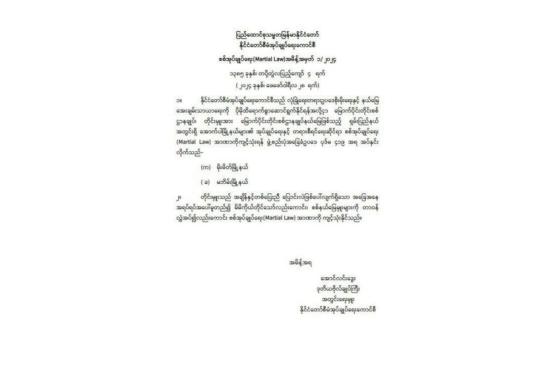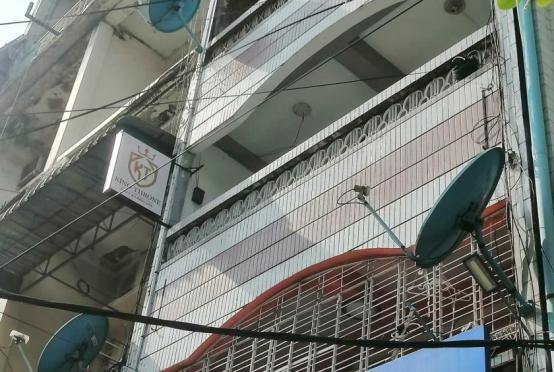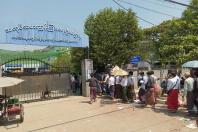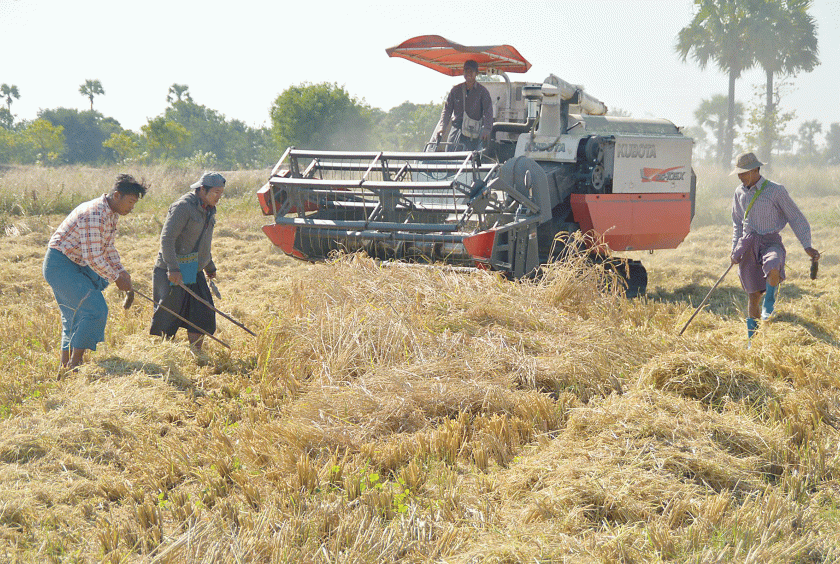
Myanmar Rice Federation (MRF) issued a statement yesterday, calling on the government to provide assistance such as policy, cash and market exploration as the private sector alone is unable to solve the farmers’ difficulties caused by the declining rice prices during the summer paddy harvest season.
The MRF is working to deal with these problems. The MRF’s works are not working well due to difficulties like a shortage of warehouses, the drying of high-quality paddy and the transport of paddy.
Rice exports via the border gates and sea routes are declining. It is impossible to solve this problem by the private sector alone.
The MRF is making all-out efforts in order that the government can help stabilize the rice market and ensure the farmers to get the desired prices in term of policy and to help them get cash assistance and explore the new market according to the Law of Protection and Promotion of the Interests of Farmers and political will.
The MRF is facing difficulties in storing paddy as it has to buy paddy in different qualities and types. Rice mills and companies which are the members of MRF are buying a heavy stock pile of paddy when the local and foreign markets are not normal.
The rice mills are unable to operate regularly due to the power outrages. It has a big impact on the paddy market.
In March, 2019, the MRF advised the government. The MRF gave the suggestions to relevant ministries to deal with the cases before and after the announcement of floor prices for paddy.
According to a press conference on April 1, the MRF would buy the 90-day paddy at a price of Ks 19,500 per bag, using its fund, in order that the paddy price is not lower than the floor price.
The price of a bag of the 90-day paddy has dropped from Ks 26,000 in 2018 to Ks 19,000 this year due to low demands for rice in the local and foreign markets.


